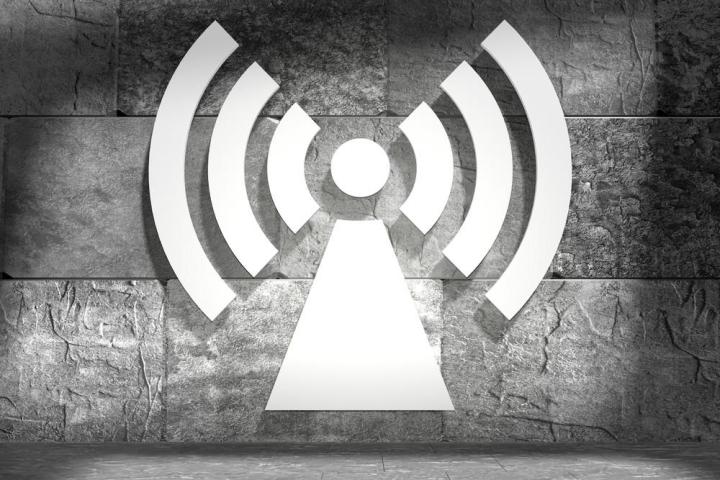
The giants from the world of tech have teamed up in an effort to stop hotels from blocking personal Wi-Fi hotspots, effectively forcing guests onto their own paid Wi-Fi service.
The practice came to wider attention in October when Marriott was hit with a $600,000 fine by the Federal Communications Commission (FCC) after the hotel was found to have used network equipment to block personal Wi-Fi hotspots last year at one of its convention centers in Nashville. According to a Re/code report, hotel staff used “a monitoring system that de-authenticated guests’ personal Wi-Fi hotspots.” Anyone wanting to jump online then had little choice but to pay between $250 and $1,000 for the hotel’s own service. The FCC considered the practice a violation of an individual’s right to use their own connection and issued the fine.
The hotel industry has been arguing that its actions are within the boundaries of the law, telling Re/code that its actions actually protects guests as it shields them from “rogue wireless hotspots that can cause degraded service, insidious cyber attacks and identity theft.”
The industry is now petitioning the FCC to allow it to block personal Wi-Fi networks, a request to which Google, Microsoft, and U.S. carrier lobbying group CTIA (Cellular Telecommunications and Internet Association) are vehemently opposed. Earlier this week the group argued in filings that individuals staying at hotels should be able to have the option of using a personal Wi-Fi hotspot, at the same time suggesting the hotel industry’s actions are geared toward forcing guests onto its sometimes expensive Wi-Fi networks.
The CTIA said that the public is “best served by increasing the potential for these networks, not allowing an individual Wi-Fi network manager to unilaterally shut them down.” Google and Microsoft also laid out their opposition to the hotel industry’s petition in separate letters filed in recent days.
Google, for example, said that while it had no objection to operators managing their own networks, such management “does not include intentionally blocking access to other Commission-authorized networks, particularly where the purpose or effect of that interference is to drive traffic to the interfering operator’s own network (often for a fee).”
The FCC is continuing to evaluate the arguments and could rule on the matter early next year.

